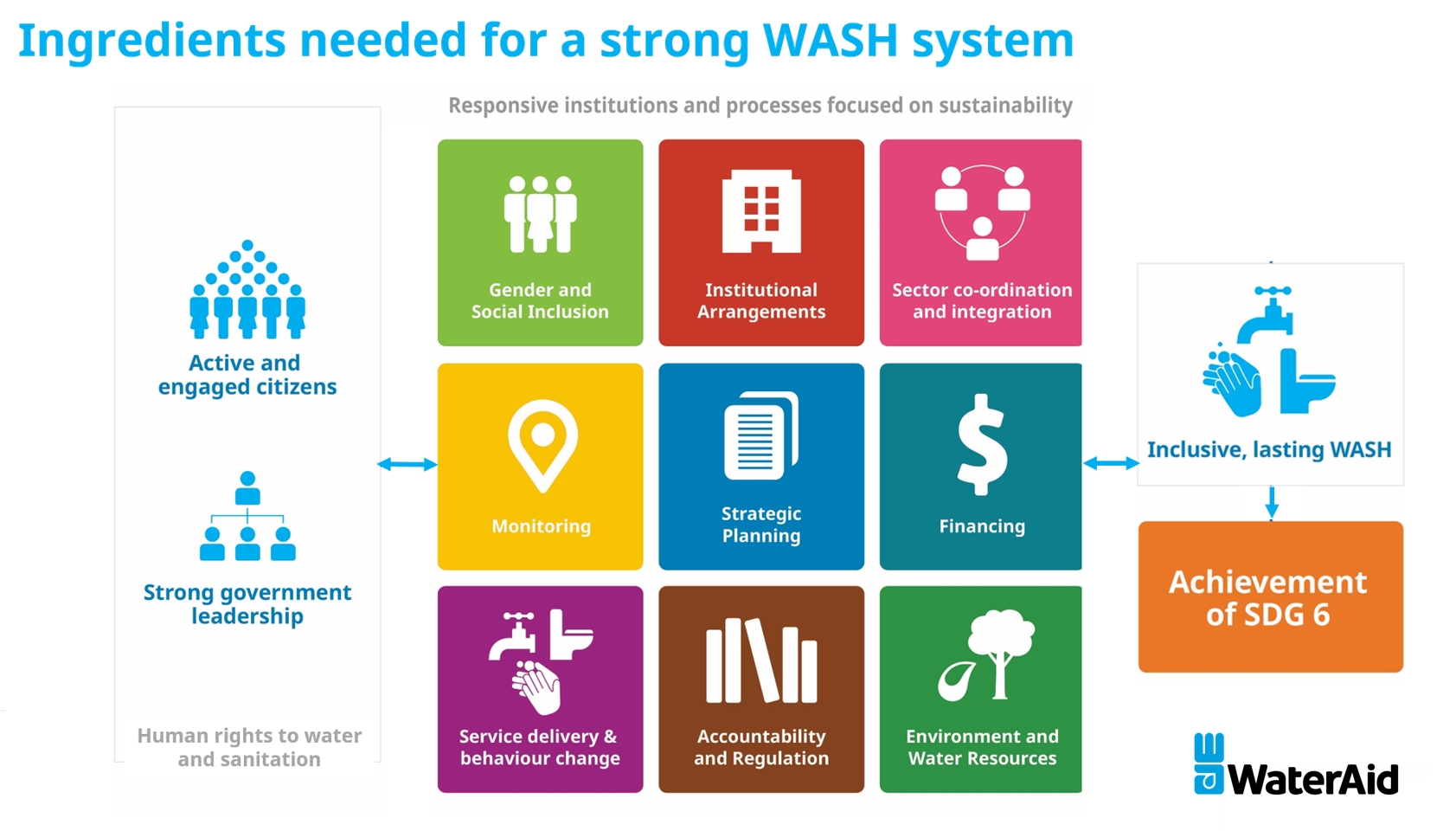900 319 0030
enquiry@shankarias.in
What is the issue?
Water, Sanitation and Hygiene (WASH) amenities are critical to the safe functioning of health care systems.
What is the global estimates on WASH amenities?
What are the issues with lack of WASH?

What measures are needed for the better reach of WASH?
What lies ahead for India?
Source: The Hindu